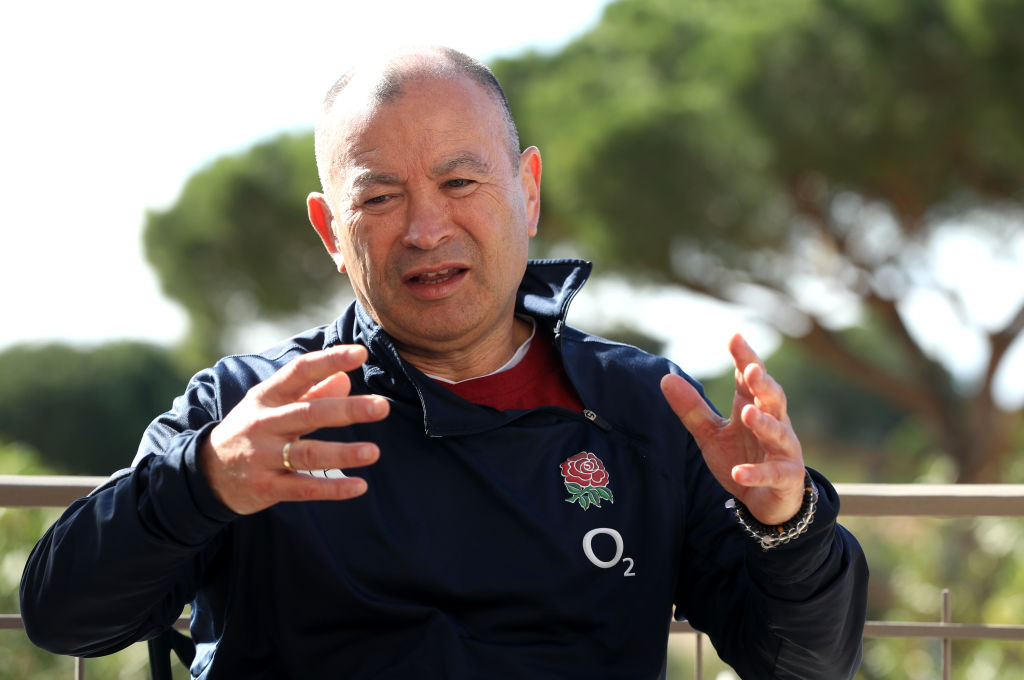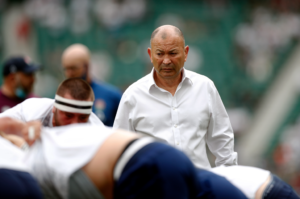
Eddie Jones has given an insight into how his coaching team operate on a Test week and how they’ve reacted to their Six Nations defeat to Scotland.
Jones’ England were beaten 20-17 at Murrayfield on Saturday despite having 62% possession and 72% of the territory.
The England head coach believes his side dominated the contest and were unfortunate not to come away with a win.
He said: “Firstly, we have to assure the younger players what they did really well. If you have a betting company looking at that game and they got all the information, we’d probably win the game 85 times out of 100. That means our performance is pretty good, but it doesn’t always mean you win the game. I’ve had this many times in my career where we play well, dominate all the things that are important in the game and still lose, which is what happened on Saturday.
“All of that is massively disappointing but you’ve got to see what the positives are, particularly for a young team and it’s my job to reinforce the positives. We must get them to focus on what’s important and what is important is the next game against Italy. We must take the positives from Scotland, learn from the areas we need to learn from but have a real focus on this weekend’s performance.”
England benefit from an extensive analytics team that provide post-match analysis but also real-time tactical suggestions to coaches during matches.
In recent years, coaches and other backroom staff can now be seen in the stands with a wide variety of computers and technology monitoring all aspects of the match in detail. Different camera angles, data and analysis are now available to them right there and then to make instant decisions, as well as post-match reviews.

Jones says that his coaching team’s analysis differs during the game, and they use different modes when reviewing matches and preparing for upcoming games.
He said: “What we try to do is assess the momentum in the game, so then we assess if we can make changes that may add or change the momentum in that game. Secondly, we look at the major contests in the game; where are we winning, where we can add to that, and if we’re not winning, what are the contests we need to win to come out on top? Thirdly, you’re looking at the performance of the player who started, not only in terms of his skill but also his physical capacity. We must assess what kind of game it is, is it a slow and hard running game or is it a quick game? Then we look at the form of the finishers, can they add to the situation? So, we’re weighing up all those things. We have a rough plan, but we don’t just follow the plan, we make decisions on what we see on the pitch.
“It’s more about what we’re seeing and what we’re feeling. I’ve got four assistant coaches feeding into me as well with their thoughts and we try to collate those and sometimes it’ll be based on what they say and what they feel, or it’ll be how I feel.

“Some of our preparation will be video, some will be talking, some numbers, it’ll be a combination of things because people learn in different ways. The tone of the way I speak, the language that I use, and all the other coaches use is going to be massively important with the players.”
Jones’ side take on Italy at the Stadio Olimpico in Sunday’s sole Six Nations fixture at 3:00 PM.
Written by Ben Jaycock
